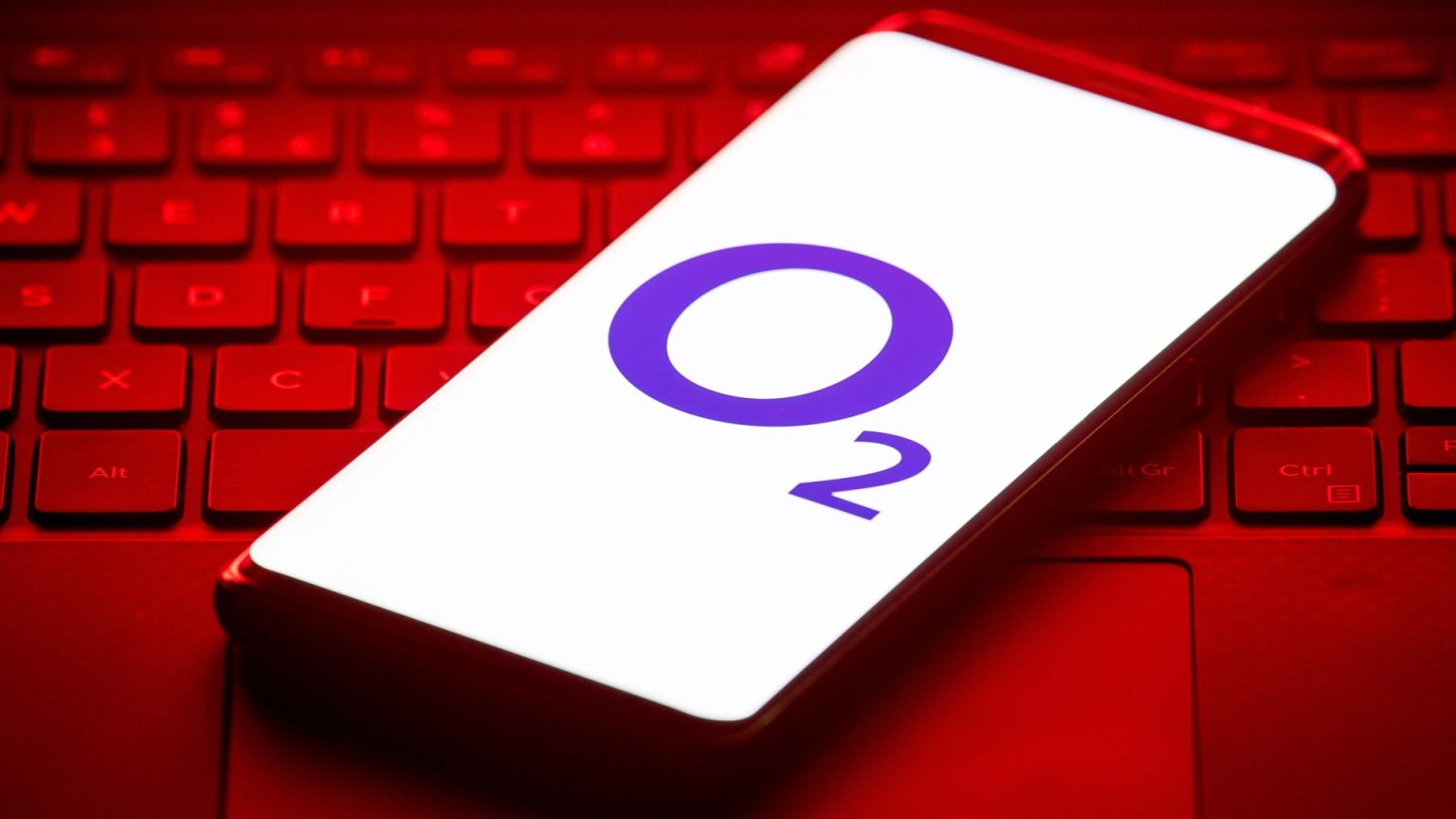The United Kingdom is on the cusp of a significant telecommunications transformation as O2, the country’s second-largest mobile network operator, prepares to decommission its 3G network. This move, part of a broader industry-wide initiative agreed upon with the government in 2021, aims to liberate valuable spectrum for faster and more efficient 4G and 5G services. O2 is the last of the “big four” mobile providers – EE, Vodafone, Three, and O2 – to implement this change, following the successful 3G shutdowns by its competitors. Durham has been selected as the initial location for the 3G switch-off, scheduled for April. This phased approach allows O2 to closely monitor the transition and minimize potential disruption. The company emphasizes its commitment to supporting customers throughout the process, particularly those who may be reliant on older, 3G-only devices.
While the majority of O2 customers have already transitioned to 4G or 5G compatible devices, a small proportion still rely on the older 3G technology. O2 is proactively contacting these customers, offering assistance and guidance. Vulnerable customers are being offered free 4G-ready devices, ensuring they maintain connectivity, while other 3G users are presented with discounted upgrade options. Importantly, even after the 3G network is deactivated, voice calls and text messages will continue to function through the existing 2G network, mitigating the impact on basic communication services. This strategic approach prioritizes minimizing disruption to customers while ensuring a smooth transition to the enhanced capabilities of 4G and 5G technology.
O2’s Chief Technology Officer, Jeanie York, highlights the significance of this modernization program. Decommissioning the 3G network allows O2 to refocus its resources and investment towards bolstering its 4G and 5G infrastructure, ultimately benefiting customers with improved speed, reliability, and overall service quality. The company stresses its commitment to supporting customers through this transition, emphasizing its proactive outreach to 3G users and tailored assistance programs. By selecting a single location for the initial phase of the 3G switch-off, O2 aims to minimize any potential issues and ensure the program’s overall success before expanding the shutdown nationwide. This measured approach underscores a customer-centric strategy, emphasizing minimizing disruption while maximizing the benefits of the upgraded network.
The impact of the 3G switch-off is anticipated to be relatively minor, considering the relatively low number of users still relying solely on 3G technology. The previous 3G shutdowns by other major networks have not resulted in significant disruptions, suggesting a relatively smooth transition for most users. However, despite the small number of potentially affected individuals, O2 emphasizes its commitment to supporting these customers, especially those who may be less technologically adept or vulnerable. The company’s proactive communication and support programs aim to ensure a seamless transition for all users, regardless of their technical proficiency.
Users can easily determine their device’s compatibility with 4G or 5G by checking the network settings on their phones. If 4G or 5G options are listed, the device is compatible with the newer networks and will not be affected by the 3G switch-off. This simple check provides users with peace of mind and allows them to proactively address any compatibility issues before the 3G network is decommissioned. O2 encourages customers with any concerns or questions regarding the 3G switch-off to contact their customer service team for personalized assistance and guidance.
This transition marks a significant step forward in the evolution of the UK’s mobile network infrastructure. By phasing out the older 3G technology, O2 and the wider industry pave the way for enhanced mobile experiences, with faster speeds, improved reliability, and greater capacity to support the increasing demands of data-hungry applications and services. This upgrade ultimately benefits consumers and businesses alike, contributing to a more connected and digitally empowered society. While a small number of users may require support during the transition, the overall impact is expected to be positive, ushering in a new era of mobile connectivity.


